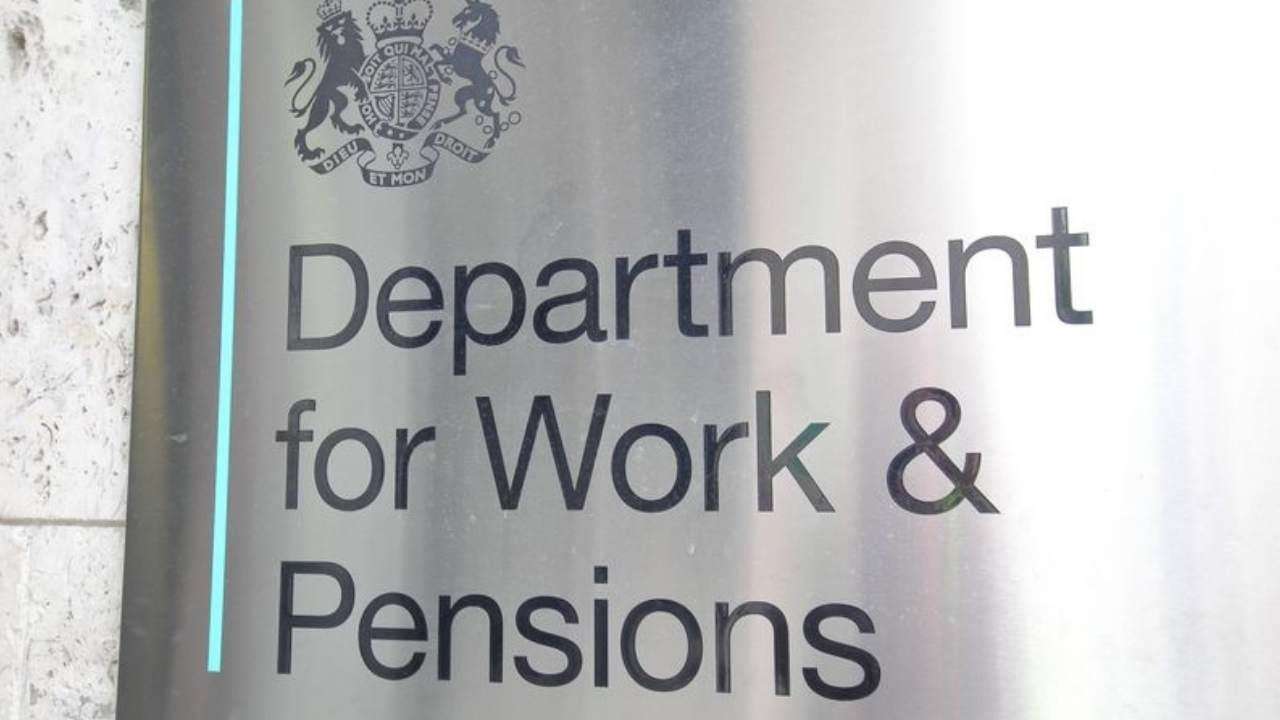The Department for Work and Pensions (DWP) has issued a fresh warning about a new scam circulating via text and messaging platforms. In a recent alert posted on X (formerly Twitter), the department cautioned the public to stay alert and avoid falling victim to fraudulent messages claiming to be from the DWP.
This scam appears to prey on individuals looking for assistance with energy bills. The DWP confirmed the messages are fake and emphasized that legitimate financial support can only be accessed through the official GOV.UK website.
The DWP’s post on X reads: “Beware: If you get a text about an ‘Energy Support Scheme’ it is a scam.” The department encourages the public to use the Stop! Think Fraud website to learn how to report and protect themselves from scam attempts.
According to fraud prevention experts, scams like these often manipulate victims emotionally to trick them into handing over money or personal information. These deceptive messages are typically sent via SMS, WhatsApp, or similar platforms and may contain links to fake websites designed to steal sensitive data or install malware.
Fraudsters often make their messages look legitimate, sometimes even spoofing the sender’s number so it appears in an existing message thread—like one from your bank or another trusted source.
To help spot a scam, look out for these red flags:
-
Too-good-to-be-true offers or prizes from unknown senders
-
Alerts claiming your bank account has been compromised
-
Messages about products or services you never requested
-
Requests for payment before parcel delivery
-
Emotional pleas from supposed family members requesting money
-
Links urging you to click through immediately
-
Requests for personal or financial information
-
Messages sent at odd hours, such as late at night or early morning
-
Language designed to cause panic or urgency
What to Do if You Receive a Scam Message:
-
Do not respond, click links, or make payments
-
Contact the organisation directly using a verified phone number
-
Forward the suspicious message to 7726 (a free reporting service)




_2.jpg)



.svg)


